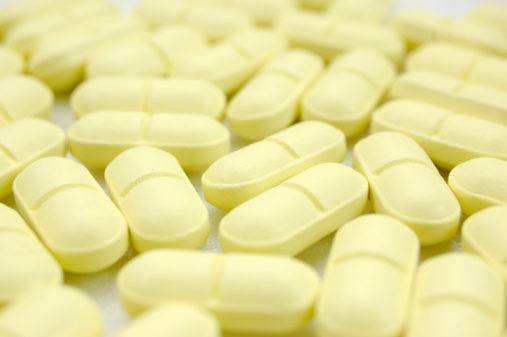Rockville, MD—Manufacturers of tainted products masquerading as legitimate dietary supplements had better change their ways—or else. Such was the message in a strongly worded letter to supplement makers from Margaret A. Hamburg, M.D., commissioner of the U.S. Food and Drug Administration (FDA) dated December 15.
The letter was prompted by an FDA assessment of recent warning letters and recalls of tainted products—and the serious adverse events reports (AERs) caused by them. According to Hamburg, these illegal products marketed as dietary supplements cause “significant public health problems.”
According to the letter, an alarming number of products marketed as dietary supplements were found in FDA laboratory tests to contain “anticoagulants (e.g., warfarin), anticonvulsants (e.g., phenytoin), HMG-CoA reductase inhibitors (e.g., lovastatin), phosphodiesterase type-5 inhibitors (e.g., sildenafil), nonsteroidal anti-inflammatory drugs (e.g., indomethacin) and beta blockers (e.g., propranolol).” Others contained active pharmaceutical ingredients, anabolic steroids or new ingredients that had no human safety data to back them.
Shoppers are usually unaware of what they are buying because these products tend to be poorly labeled. Such illegal items usually fall within three categories: Weight loss, sexual enhancement and body building.
An FDA press conference (held jointly with several industry trade associations) was held to review how the agency is “stepping up efforts…to protect the public” against these products, according to Joshua Sharfstein, M.D., FDA’s principal deputy commissioner. FDA's efforts are multi-pronged.
First, FDA is establishing new mechanisms of alerting consumers about dangerous products via a dedicated RSS feed. In addition, the agency established new ways for the public to be quickly alerted of suspicious products; this is aimed at “people who know industry well, before there are reports from [consumers],” stated Sharfstein. Of note, these reports can be made anonymously to a new e-mail address (TaintedProducts@fda.hhs.gov) or though a reporting form called “Report Suspected Criminal Activity” located at www.fda.gov/oci.
Next, Hamburg’s stern letter warned manufacturers that it will continue to pursue makers of illegal or misbranded products and warned that felony charges could be applied, if appropriate, even before a warning letter is issued.
Of note, FDA is partnering with several industry associations to get the word out about its new actions and to distribute the letter to members. Such organizations include the Council for Responsible Nutrition (CRN), Natural Products Association (NPA), United Natural Products Alliance (UNPA), Consumer Healthcare Products Association (CHPA) and American Herbal Products Association (AHPA).
All trade association representatives stated they strongly support these new FDA actions. Anthony Young, AHPA’s general counsel, called Hamburg’s letter “strong and firm” and the “strongest I’ve seen in 35 years of law practice.” He noted that it sends the right message to supplement hijackers who won’t abide by the established laws.
CRN is welcoming the fact that FDA is “[flexing] the full force of its regulatory muscle,” said Steve Mister, president and CEO. He added that CRN “applaud[s] the agency’s resolve to get tough with these criminals.” Loren Israelsen, executive director of UNPA, and NPA’s John F. Gay, executive director and CEO, echoed this sentiment. Stated Gay, “Spiking is a crime that endangers the public” and NPA is “pleased to support the FDA in its efforts to get these criminals.”
Scott M. Melville, president and CEO of CHPA added that his group is going forward on developing guidelines for supplier qualification, which will help manufacturers adhere to Good Manufacturing Practices.
A new consumer document is also available (www.fda.gov/downloads/ForConsumers/ConsumerUpdates/UCM236998.pdf) to help shoppers better identify tainted products. Such items may claim to have prescription drug-like effects, be legal alternatives to anabolic steroids, be marketed in a foreign language, be sold via mass e-mail, offer rapid sexual enhancement or claim to have tested positive in performance-enhanced drug tests.
Published in WholeFoods Magazine, February 2011 (online 12/15/10)










